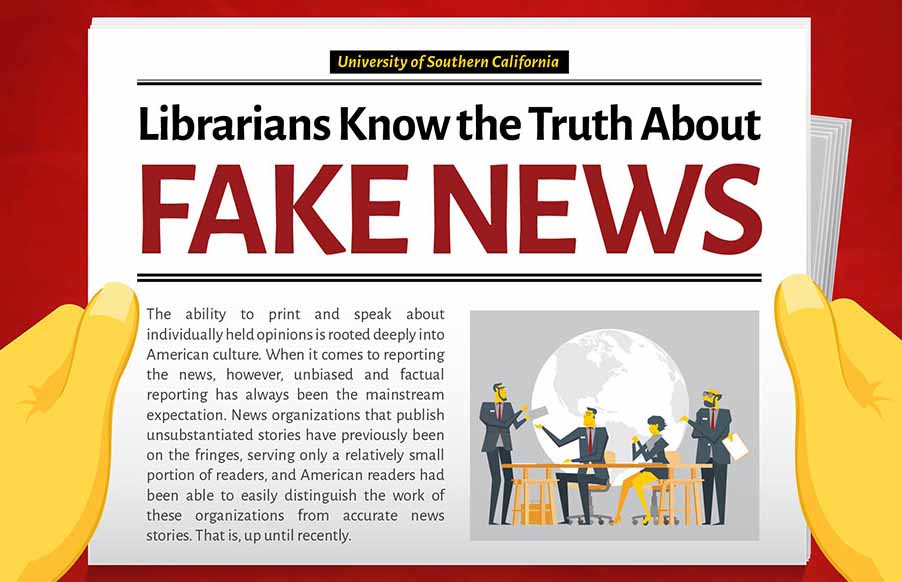@BillMaher reminds us that #FreedomOfSpeech requires #Skepticism from All Social-Media Watchers | @JanJeffcoat #JWorg (maybe @JW_GlobalFamily? @JDiscussed? @JWupdates?)
I discuss the requirement on a forum (that pays) which you can access through 'the emboldened link(s)' below; but first I want to teach you about those words. And I find you understand words better if you see 'the words at their base' (then going on to look at the words at those words' bases, then the words at those words' bases, etc.-etc. ad infinitum into their Foundation)
The word “|Skepticism|” is built on ancient words that mean "to Inquire, Reflect, Look, View, Observe" (The #Skeptics were Disciples- & Followers in the School of |Pyrrho, a Greek Philosopher who taught them to Doubt the Possibility of Real Knowledge).
#Scepticism #Skeptic #Sceptic #Skeptical #Sceptical #Sceptically #Scepticism #Scepticize Skeptically
Bill Maher put it this way,
How do you verify the rumors' veracity? I think it all simplifies down to 'asking "Says who?"' but an article a fellow forum-member shared outlined the various tactics of falsehood/verification like-so (with a little commentary (mixed with JW-input) on each)
- REASONS FOR CONCERN - some common 'red flags' (not necessarily 'signs of lying,' but rather more like 'background noise you have to filter-out to find the truth')
- MEDIA MOGULS - they might not be focused on 'what's important to you,' but more 'the popular topics' (hmm ... that may be why NATIONAL DESK co-anchor Jan Jeffcoat refers to 'the weather-reports' as "your local news and weather")
- GOVERNMENTS - legislation & politics-news aren't necessarily "the actual proceedings" as often as they are 'what they think you need to know'
- ADVERTISING - media isn't paid according to 'how true it is'; they earn most of their money from sponsors, who won't buy ads if they're afraid the broadcaster's news will make the sponsor look bad.
- DISHONESTY - sometimes broadcasters will make up stories to connect the facts that don't seem connected.
- SPIN - weaving suspicions into the presented facts
- OMISSION - they think it may make the news easier to understand, but it may make the news' subject seem to have intentions that aren't true
- COMPETITION - with more-and-more news-sources available, broadcasters feel they have to make their news better than the other broadcasters' news; and--since you can't get it any truer than "truth"--
- MISTAKES - "we're all human," so you've got to keep 'typos, mispronunciations, misspellings, bad grammar, and distorted statistics' in check
- FALSE ASSUMPTIONS - what's true from some perspectives may not be true from others (e.g. in ancient times, the Earth was the center of the Universe; now, it's not)
- THE SCALES TO WEIGH-OUT TRUST - Through life-experience, we learn to 'set the news on the scales in our mind' to see if it feels true. I'm reminded of "Truthiness," but there are a few ways we can 'measure' the truthiness we feel:
- PROVIDER - credibility
- SOURCES - where they're getting their info
- PURPOSE - advice? or entertainment?
- TONE - are they trying to make you angry? or is the news really that bad?
- CONSISTENCY - Is one story consistent with the other stories they tell? I'm reminded of the old teaching, "Check The Bible against The Bible." (with its later stories often being 'fulfillments of its earlier prophecies').
- TIMELINESS - is it too soon to know for-sure that all the facts are known? too late to have any relevance to the current situation?

Comments
Post a Comment
I appreciate your comment, and I'll probably approve it & publish it soon (give me about a week before you try to post it again when it doesn't publish immediately ... thanks)